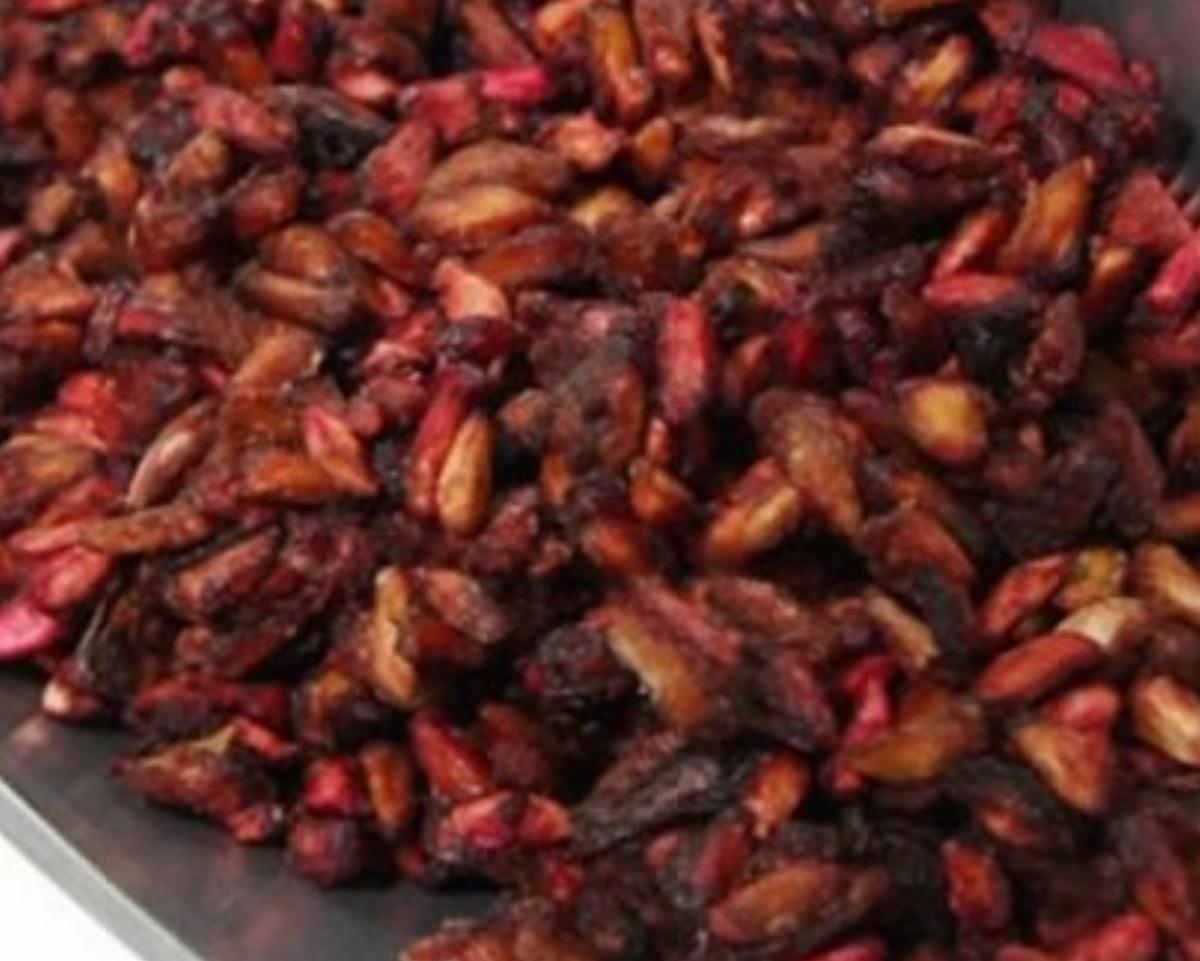Pomegranate
It is a juicy fruit that is grown from March to May in the southern hemisphere, though it can be found all year round as well. It is native to Persia but is not grown all over the world. The fruit and the bark are known to have been used in the cure for diarrhea, dysentery and intestinal parasites.
Nutrition
- Good source of carbohydrates
- Packed full of minerals
- Abundance of vitamins such as vitamin C, vitamin E and vitamin K.
- High Antioxidant
Health Benefits
- Helps maintain a healthy gut
- Controls aging problems
- Supply iron to the blood
- Have antibacterial properties that help stop viruses
- Prevents Arthritis and Joint Pain
Purchase Guide: Unripe pomegranates are round, like apples. However, their shape changes slightly as the fruit ripens and the juice-filled seeds begin to expand outward and press against the insides of the pomegranates. A ripe pomegranate will have more of a square shape because the sides will be flattened (instead of rounded).
Storage: Pomegranates can be preserved at room temperature in case you intend to consume them immediately. If not, they can be stored in the fridge for at least 3 weeks.
But after removing the seeds from your pomegranate, you can store them in the refrigerator for five to seven days. Be sure, however, to seal them tightly in a container or plastic bag before storing them.

Anardaana Recipe
Dried pomegranate seeds, known as Anardana, are dried naturally with no added sugars. They are good alternative to other ingredients like amchur and tamarind. You can make anardaana powder at home for use in and over foods to add a tangy, sour and sweet flavour to your favourite dishes.

